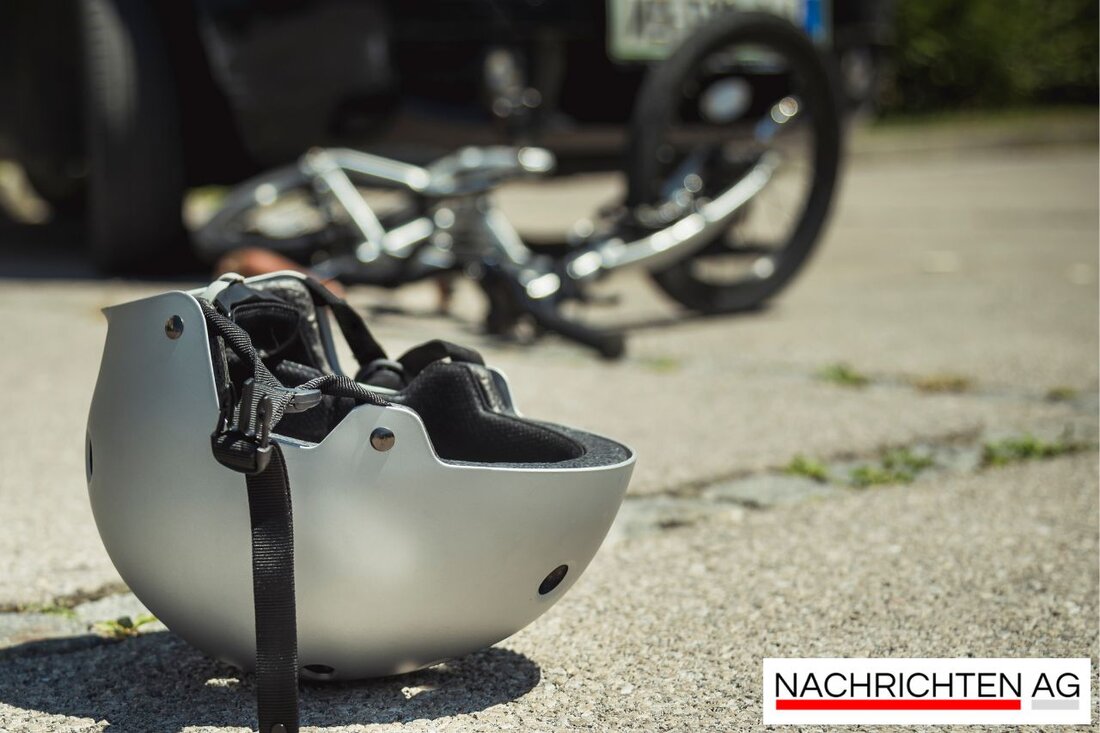E-scooters in Hamburg: New rules against parking chaos!
Hamburg is debating new e-scooter rules: parking regulations, safety and climate change influence city mobility.

E-scooters in Hamburg: New rules against parking chaos!
Since their approval in Germany in June 2019, e-scooters have been a topic that concerns everyone. They should be part of the transport transition, but in reality they are often perceived as stumbling blocks. Pedestrians in particular see rolling vans as a major nuisance, as the ADAC states. In Hamburg, where e-scooters are already an integral part of the street scene, complaints about improperly parked vehicles are increasing. This problem is now also a topic of discussion at the political level.
In a current initiative, the Federal Ministry of Transport is planning to tighten the parking rules for e-scooters nationwide. The aim is to minimize annoying obstacles in public spaces and to better integrate popular and unpopular vehicles into the traffic flow. According to a report by Tagesspiegel, rental scooters are no longer allowed to be parked on sidewalks or in pedestrian zones. The providers are therefore asked to agree on parking locations with the municipalities in order to relieve pedestrian traffic.
New rules for e-scooters
Federal Transport Minister Patrick Schnieder (CDU) has already announced that a draft to change the Small Electric Vehicles Ordinance is in the works. This new regulation states that private e-scooters can generally be parked on sidewalks as long as this does not endanger or hinder other road users. However, this is no longer so easy for commercial e-scooters: In the future, they will no longer be allowed to be parked directly on sidewalks or in pedestrian zones without a defined parking concept. This could significantly impact the providers' business model and potentially jeopardize profitability, warn industry representatives.
But it's not just the storage locations that are in focus. The use of e-scooters should also be regulated. The planned changes stipulate that e-scooters will in future be allowed to drive where cyclists are also allowed, and only at walking speed on sidewalks. Newly registered models must also be equipped with indicators and separate brakes to increase driver safety - a measure that not only serves to regulate, but also to protect other road users.
Consequences for pedestrians and drivers
The discussion about e-scooters is not only being conducted against the background of traffic regulations, but also raises questions about climate protection. Bernhard von Ehren, managing director of a tree nursery in Hamburg, warns of the effects of climate change on urban living spaces. Many trees suffered from drought and heat, and this also had negative consequences for the traffic situation in the city. Untidy parking of e-scooters in residential areas exacerbates the problem for pedestrians.
E-scooters are also only approved for one person, must be insured and have an operating license. Driving without a helmet is not compulsory, but it is advisable. And the penalties for unlawful use can quickly add up: Anyone driving with a blood alcohol level of over 0.5 not only risks a fine, but also points in Flensburg. Anyone driving on the sidewalk faces fines of 15 to 30 euros.
The rules have already been specifically introduced in Hamburg: moving an incorrectly parked scooter costs 30 euros, and towing it even costs 100 euros. This measure is intended to create additional incentives to keep e-scooters parked in an orderly manner and to enable pedestrians to walk carefree.
The debate about e-scooters is far from over. It remains to be seen whether the new regulations will actually prove effective. What is certain, however, is that the discussion about order on the streets is by no means losing its relevance and will remain a hot topic in the future.

 Suche
Suche
 Mein Konto
Mein Konto